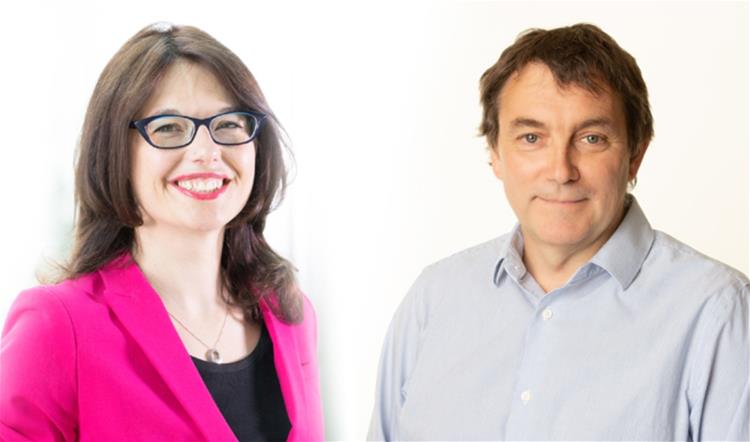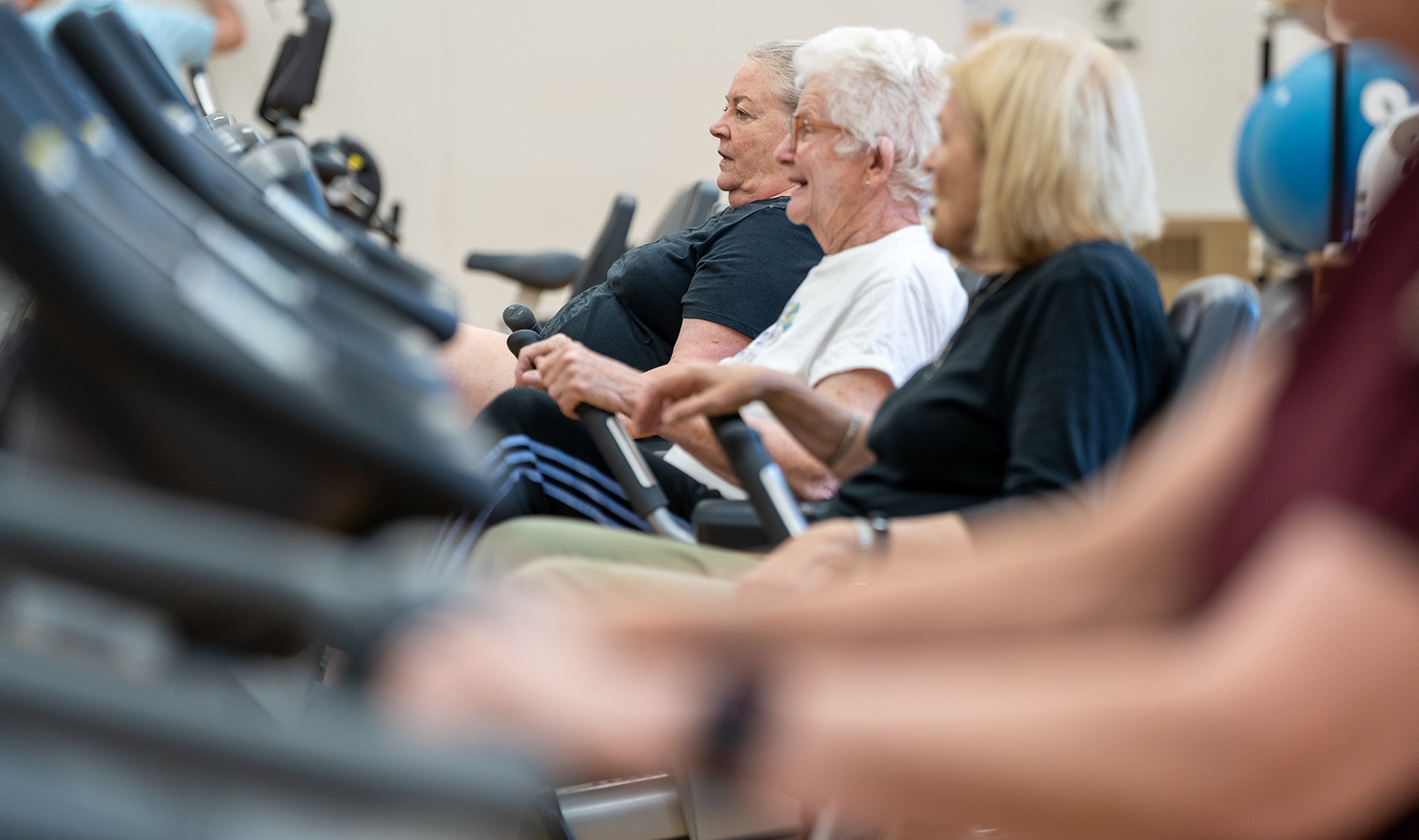
McMaster professors Dawn Bowdish and Michael Surette are leading two studies on COVID-19.
Published: April 17, 2020 by Tina Depko
Two McMaster University professors and MIRA members have received research funding to boost their work to identify COVID-19 infection rates and to understand why some people are more susceptible to the virus.
Dawn Bowdish, professor of pathology and molecular medicine and the Canada Research Chair in Aging and Immunity, and Michael Surette, professor of medicine and the Canada Research Chair in Interdisciplinary Microbiome Research, are receiving $300,000 for two studies from The W. Garfield Weston Foundation through its Weston Family Microbiome Initiative.
The funds are in addition to a three-year, $1 million grant from the Foundation awarded to the duo earlier this year. The original funding supports a study focused on identifying and isolating the members of the airway microbiome – which consists of microbes like bacteria, fungi, and viruses – that protect older adults from respiratory infection.
“This additional funding will help us answer two important questions related to COVID-19,” said Bowdish. “One is a better understanding of what the actual infection rate is in the Hamilton community. The second is whether there are differences in the immune responses or the airway microbiomes of those who get sick and those who don’t, or in those who have symptoms versus those who don’t.”
In the first study, Bowdish and Surette, in collaboration with colleagues at Mount Sinai Hospital in Toronto, will collect blood from Hamilton residents, including a number of people who are at high risk because they have pre-existing conditions, and ask them questions about their risks and commitment to social distancing.
“We don’t actually know how many people are infected by SARS-CoV-2, the virus that causes COVID-19, because many people are asymptomatic, nor do we understand why some individuals have mild symptoms while others have severe disease,” said Surette.
“In order to know, we need to collect blood from people after the epidemic and compare it to blood collected before the epidemic to see who has generated antibodies to the virus,” he said. “People who have antibodies to the virus were infected, even if they never had symptoms.”
For the second study, household members of Toronto health-care workers who become infected with SARS-CoV-2 will be asked to provide a nasal swab to measure the microbiome and a sample of nasal secretions to measure early immune responses.
“The long-term goal of this is for us to understand whether the airway microbiome can be harnessed to prevent infections,” said Bowdish.
“We are pleased to support McMaster University to further our understanding of COVID-19 at this critical time,” said Mark Mitchell, chair of the Weston Family Microbiome Initiative. “These two studies offer important insights into the immune system’s response to this virus and may provide guidance for the prevention and management of the infection, ultimately improving the well-being of Canadians.”
Bowdish and Surette mobilized their teams quickly to start both studies in April. They say they are grateful the funding from the Foundation was provided expediently to support this important work related to COVID-19.
This article was first published on Brighter World. Read the original article

